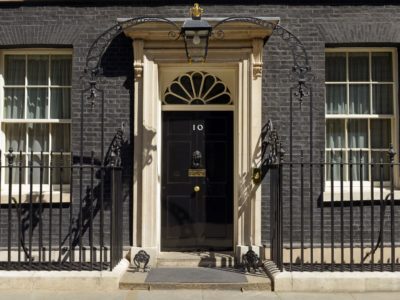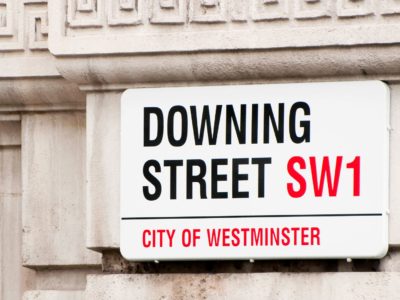Widespread and long-lasting disruption in UK real estate has prompted nearly two thirds of the UK’s top institutional investors (64%) to reconsider funding developments across the nation, according to new research by global risk management and insurance broker, Gallagher.
The study of 300 UK institutional real estate investors responsible for their company’s asset management strategy found a number of factors – including changing working patterns, interest rate rises and inflationary pressures – were threatening their investments.
The vast majority (86%) said projects in which they had invested had experienced significant disruption in the last five years, with over a third (37%) of investors saying they believed the level of risk in investing in the UK cities had increased since the pandemic.
Among the factors causing disruption, the most common answer was supply chain issues (41%), while one in five (19%) said it was down to a change in city centre working patterns and a further third (29%) said a fall in demand of city developments in the UK has caused the disruption.
Given that many investors will become involved at the construction stage, many are having to review their investment and plans for projects even before they have been completed.
Other impacts linked to the fallout of the pandemic, such as the changing nature of hybrid working, included the pressure on developers to repurpose their project to increase profitability.
One fifth (21%) said they either are, or are considering, repurposing buildings usage, with three in five (62%) of those repurposing developments from commercial to residential.
Some are being repurposed at construction stage, and others post completion, causing investors risk profiles to significantly change.
The survey of the 300 investors, who represent companies with an average annual revenue of £1.1billion, raises concerns about the viability and growing risk of investment in UK cities.
The research found that in the past five years, nearly half (44%) of all investors had pulled investments, a similar number (45%) said they will not achieve the returns expected and one third (34%) stood to make a loss.
When asked why nearly half (48%) of those surveyed are redirecting investment abroad, two thirds (65%) said there was “decreased demand” for both commercial and residential property development in the UK, 44% said UK property was no longer profitable enough and over a third (37%) said political stability was a concern.
This lack of demand is also being exacerbated by the UK’s empty property problem with over 650,000* buildings currently unoccupied, with many in the industry calling for investment to be refocused on making these buildings fit for use again.
Dominic Lion, Director & Head of Sustainable Real Estate at Gallagher, said:
“Real estate disruption clearly poses a severe threat to the future of investment in UK cities, with key institutional investors facing greater risk.
Ongoing delays, changing working patterns and rising interest rates are making it difficult for investors and developers to see a tangible reward on current projects, making the UK less attractive for future investment and investors risk profiles changing more regularly.
A shift in working habits – from office to hybrid – following the Covid-19 pandemic is evidently decreasing demand for commercial development in UK cities, as projects begin repurposing sites from commercial to residential.
This trend is actively impacting returns for firms, and driving a significant shift in investments moving overseas.
Any firm impacted by this disruption needs to consider the risk management implications of their changing investment profile, particularly if they are looking at assets overseas, and should speak to a specialist insurance broker.
They will be able to advise on their risk profile across commercial and residential asset classes and different geographies, as well as helping to eliminate long-tail risk from the purchase or sale of property, enabling investors to free up capital for the next commercial opportunity.”
























Comments